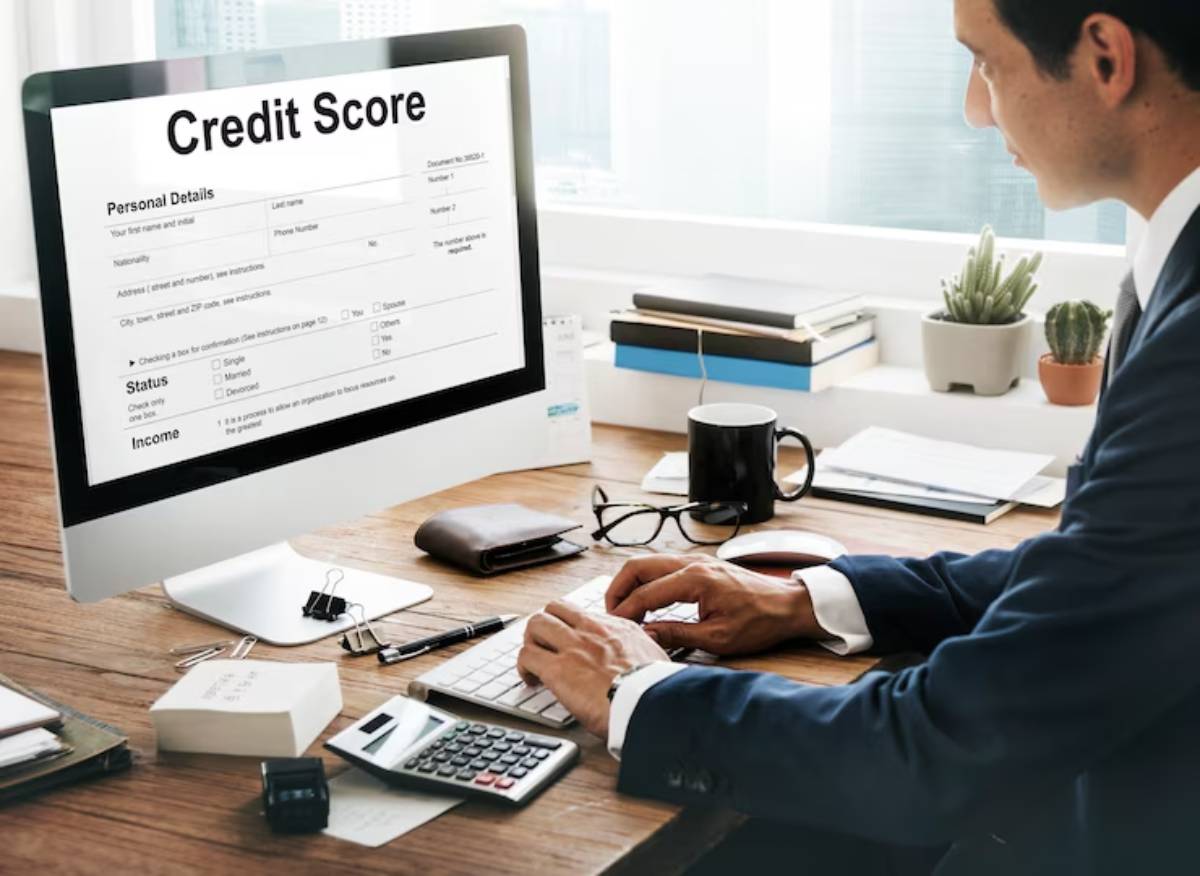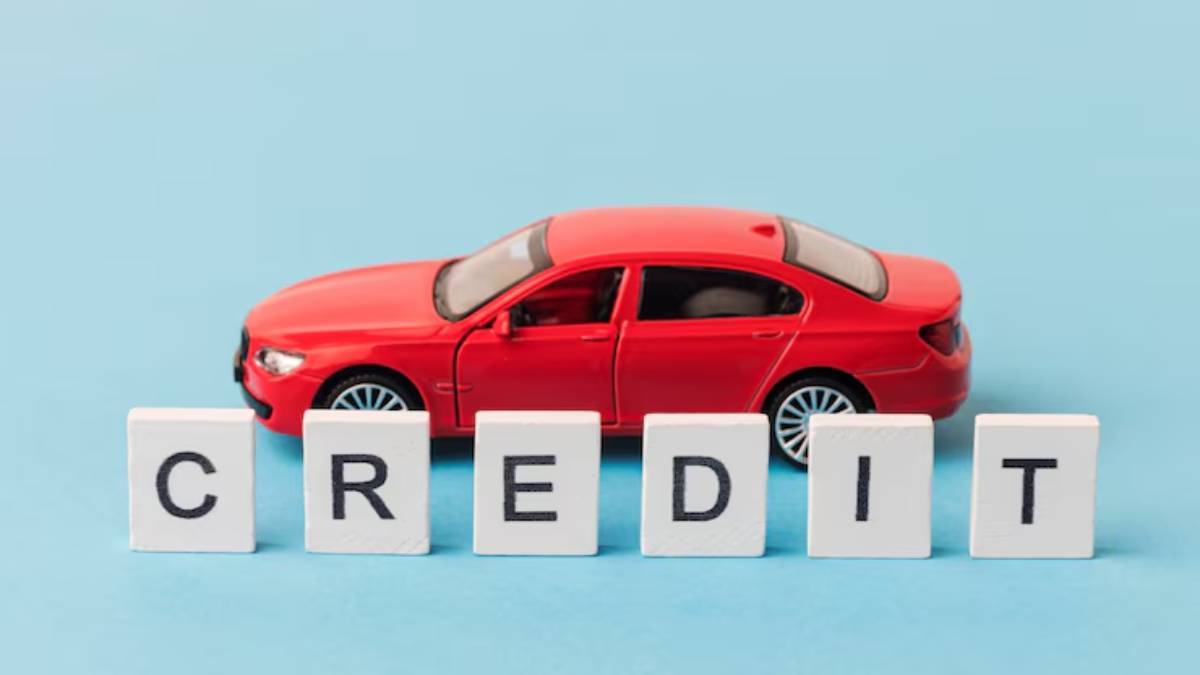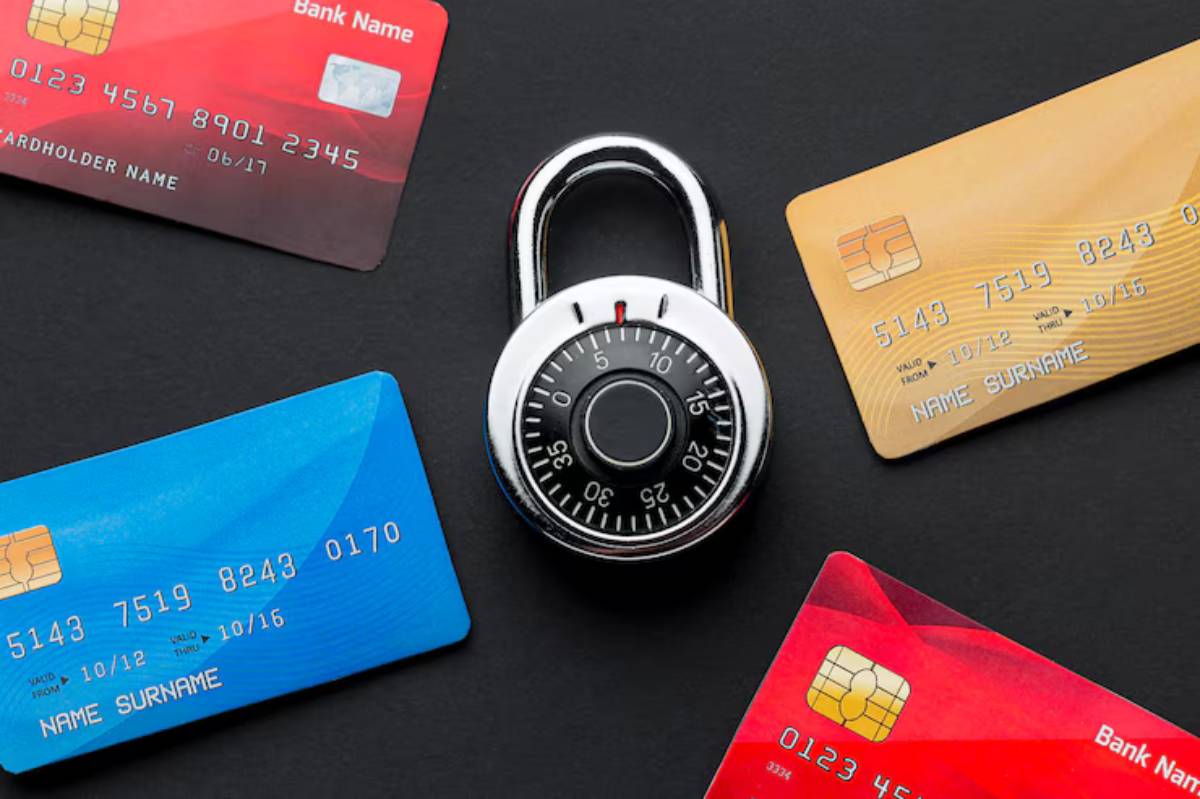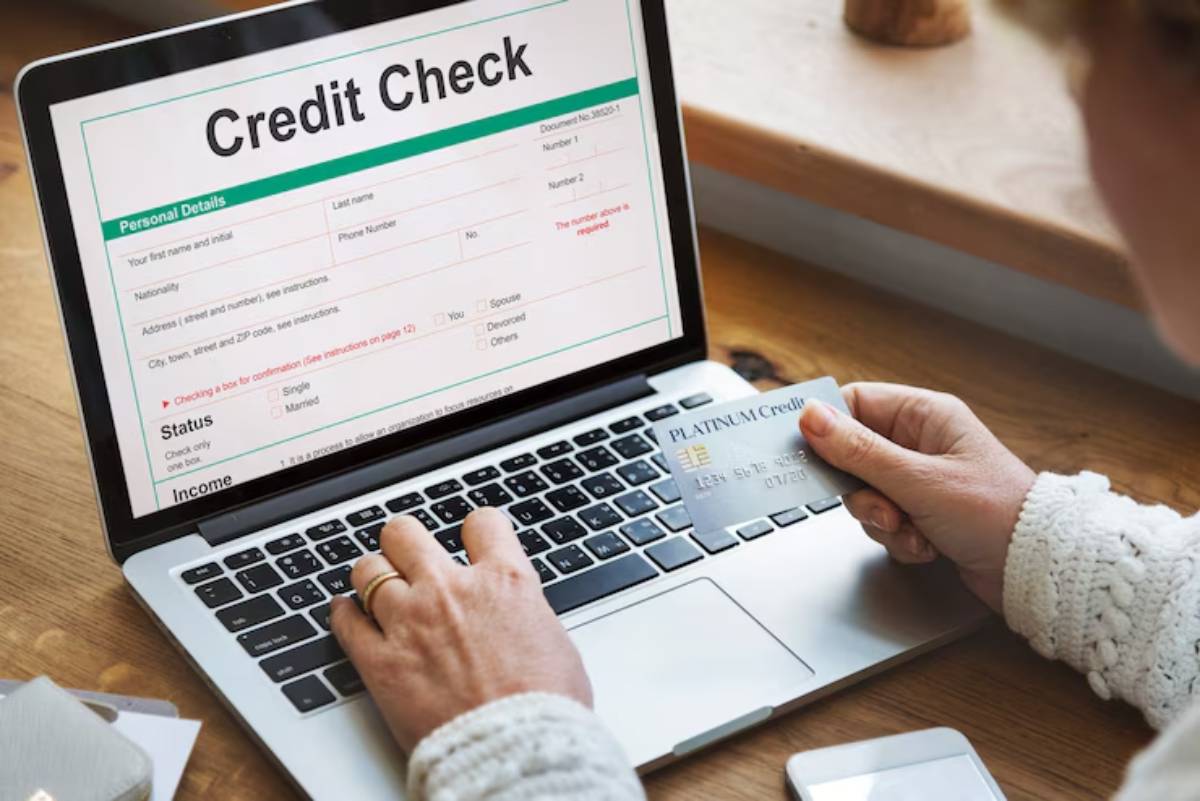
Managing Credit Card Payments Effectively
Using a credit card is easy. Paying it off wisely? That’s where the real skill comes in.
If you’re new to credit cards, learning how to handle credit card payments properly is one of the most important steps in your financial journey. Done right, it helps you avoid debt, save on interest, and build a strong credit history.
In this guide, you’ll discover smart payment strategies to help you take control, stay out of trouble, and build lifelong credit management habits — all in clear, simple steps.
Why Payment Habits Matter

How you manage your credit card bill affects:
- Your credit score
- Your ability to borrow in the future
- The amount of interest you pay
- Your stress levels around money
Even one late payment can damage your credit and lead to higher costs. On the flip side, steady on-time payments can boost your score and open financial doors.
Key Terms to Know
Before we dive into strategies, it helps to understand the basics.
1. Minimum Payment
The smallest amount you must pay each month. This keeps your account in good standing — but won’t stop interest from building.
2. Statement Balance
The total amount you owe at the end of your billing cycle. Paying this off in full avoids interest charges.
3. Due Date
The deadline for your monthly payment. Missing it can result in late fees and hurt your credit score.
4. Interest (APR)
The cost of borrowing money on your card. If you carry a balance, this is what you’ll be charged.
1. Always Pay on Time
Paying by the due date is the most important habit to build. Here’s why it matters:
- It protects your credit score
- It avoids late payment fees
- It keeps your APR from going up
Tip: Set a calendar reminder or use automatic payments through your bank or credit card app.
2. Pay More Than the Minimum
The minimum payment is there to keep you in good standing — but paying only that amount means:
- Interest will grow
- You’ll stay in debt longer
- Your total costs will be much higher
Payment strategy: If you can’t pay the full balance, try to pay as much over the minimum as possible. Even an extra £20 makes a difference.
3. Pay in Full When You Can
The best approach? Pay your entire statement balance every month. When you do:
- You avoid all interest charges
- You build a strong credit profile
- You stay in full control of your spending
Bonus: If your card offers rewards, you’ll earn points or cashback without paying extra in interest.
4. Track Your Spending Weekly
Don’t wait for your statement to see what you’ve spent. Check your app or online account regularly.
This helps you:
- Spot errors or fraud
- Stay within budget
- Plan your next payment
Credit management tip: If your card limit is £500, try to stay under £150. Using less than 30% of your limit helps your score.
5. Set Up Payment Alerts
Most credit card apps let you set reminders for:
- Due dates
- Payment amounts
- Balance limits
Turn them on. These small alerts help you stay consistent and avoid surprises.
6. Use Autopay (With Caution)
Automatic payments are a great way to avoid missed deadlines. You can set them to pay:
- The minimum
- The full balance
- A fixed amount
Smart move: Set autopay for the minimum, but pay the rest manually. This gives you flexibility while protecting your credit.
7. Choose the Right Payment Timing
You don’t have to wait for the due date. You can pay at any time during the billing cycle.
Payment strategy: Make two smaller payments during the month — for example, after payday and before the due date. This reduces your average balance and helps your score.
8. Don’t Ignore Small Balances
Even a tiny charge can turn into a missed payment if you forget about it.
Tip: Review your card before the due date and clear any remaining amount, even if it’s just £5.
9. Keep Emergency Funds Separate

Avoid relying on your credit card for emergencies. It’s better to have a small savings fund for unexpected costs.
Using a credit card in a pinch is fine, but paying it off quickly is essential to avoid long-term debt.
10. Review Your Statements Carefully
Each month, check your credit card statement for:
- Charges you don’t recognise
- Interest applied unexpectedly
- Changes in terms or fees
Spotting a mistake early helps you fix it fast and avoid financial stress.
Common Mistakes to Avoid
Here are a few payment mistakes that can hurt your credit and your wallet:
Paying Late
Late payments hurt your score and come with fees.
Paying Only the Minimum
Interest adds up fast — and keeps you in debt longer.
Ignoring Your Due Date
Out of sight, out of mind? Not with credit. Set reminders and stay alert.
Using the Full Credit Limit
Maxing out your card lowers your credit score, even if you pay on time.
Forgetting About Small Subscriptions
Even tiny charges can cause problems if you don’t pay your balance.
What If You’re Struggling to Pay?
If you’re having trouble making your credit card payments:
- Contact your card issuer — they may offer a hardship plan
- Speak to a debt adviser or credit counselling agency
- Stop using the card while you catch up
- Prioritise payments on the highest-interest cards
Pay Smart, Stress Less
Credit card payments don’t have to be complicated. With the right payment strategies, you can stay ahead of due dates, reduce interest, and build good habits that support long-term credit management.
Whether you’re just starting out or working on better financial habits, staying organised and consistent with your payments will always pay off.


